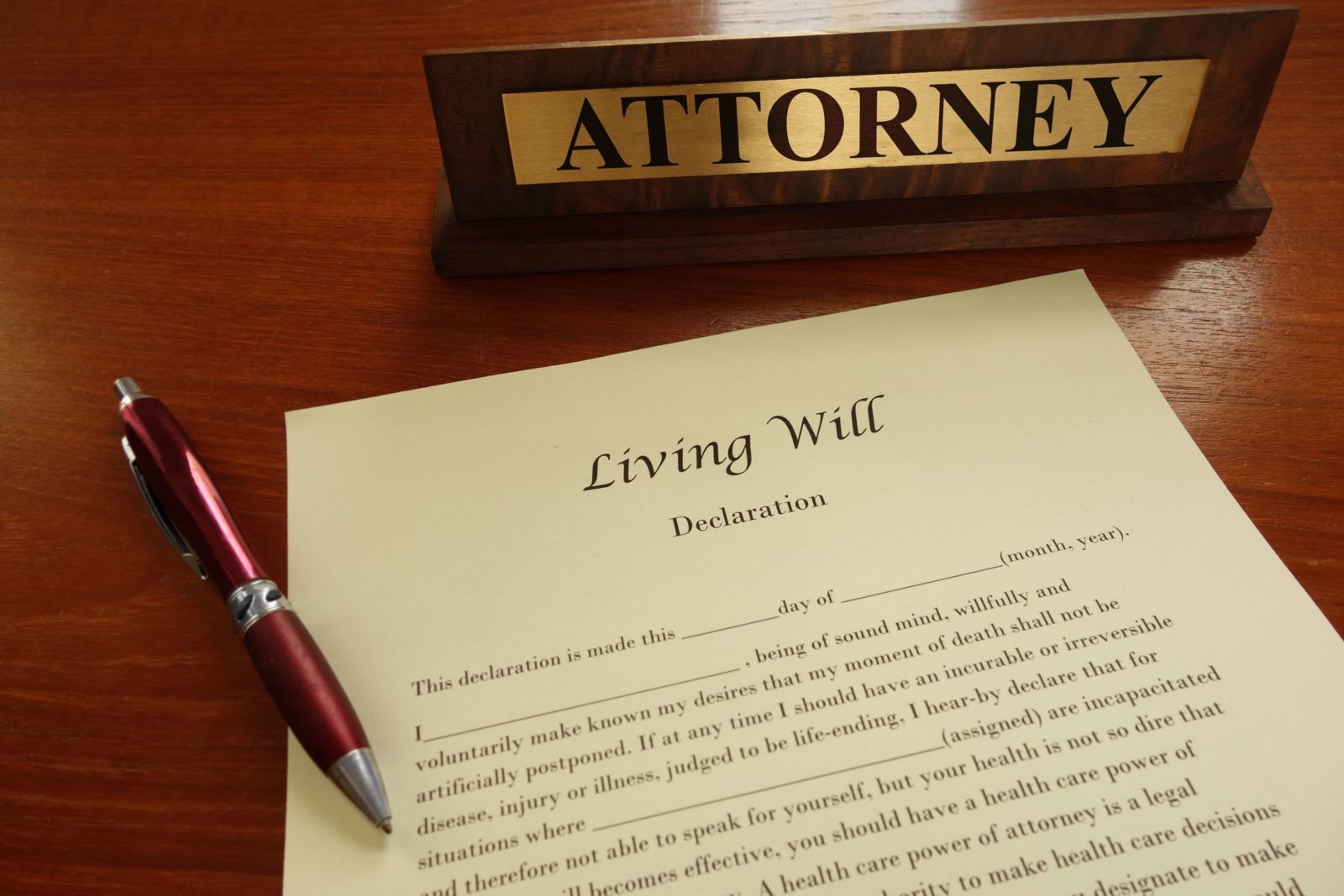What is a living will?

Connecticut law recognizes a “living will.” People are often confused about what this document does because they associate the word “will” with a “last will and testament” - the document that describes how you want your property to be distributed after your death. A living will, however, has nothing to do with your property at all. A living will, as its name suggests, is a document that is used while you are alive.
The purpose of a living will is to specify in advance whether you want to have life support systems utilized to keep you alive if your doctor determines that you’re permanently unconscious or if you have a terminal condition that will likely result in death within a short time. You can specify which life-saving measures, if any, that you want used if you’re in this situation, including cardiopulmonary resuscitation (CPR), artificial respiration (respirator), or artificial nutrition and hydration (feeding tube). There is no right or wrong choice here – it’s entirely based on your personal preferences. And it's not an all-or-nothing choice. For example, your living will can provide that you want artificial respiration if necessary, but no other life support systems.
One thing that's important to realize about a living will is that it only applies if your doctor determines that you are permanently unconscious or have a terminal condition that will likely result in death soon. In other words, life-saving measures would be used if it means that you would likely recover.
Connecticut law allows you to prepare a single document that combines multiple estate planning tools concerning health care. For more information about this document, click here.